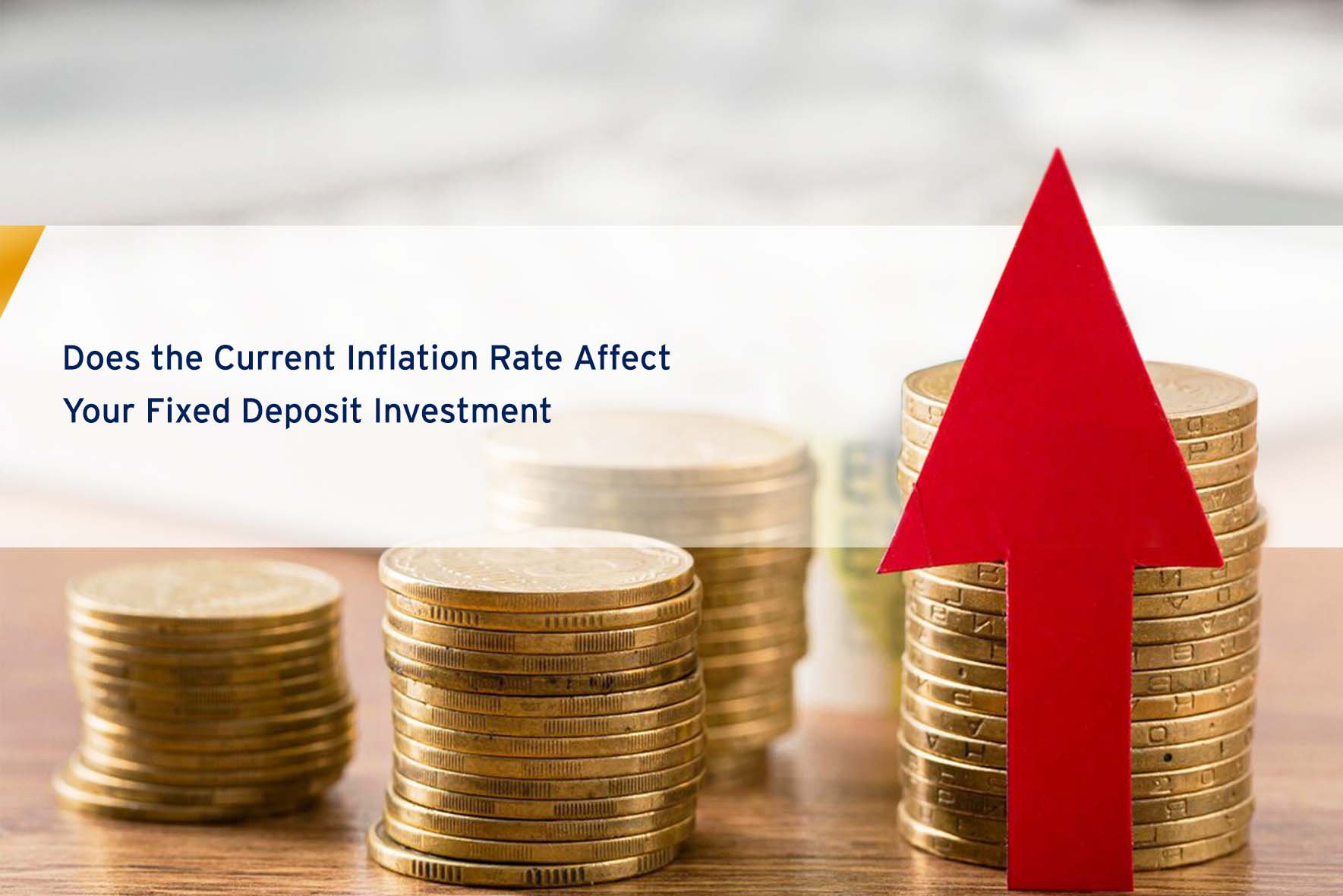
Does the Current Inflation Rate Affect Your Fixed Deposit Investment?
Author Taiwo Temitope-Adesope
How Inflation Impacts Fixed Deposits in Nigeria: Are Your Investments Losing Value?
Fixed deposits have long been a preferred investment option in Nigeria, offering stability and predictable returns with minimal risk. However, with Nigeria’s inflation rate soaring to 29.9% as of February 2024, many investors are left questioning: Is your fixed deposit truly growing your wealth, or is inflation eroding its value?
Understanding Inflation and Its Effect on Fixed Deposits
Inflation is the steady increase in the cost of goods and services, which gradually reduces the purchasing power of money. If your fixed deposit interest rate does not outpace inflation, your investment’s real value diminishes over time.
The Real Interest Rate: What You Should Know
To assess the true impact of inflation on your fixed deposit, consider the real interest rate, which is calculated as: Real Interest Rate = Nominal Interest Rate - Inflation Rate
For instance, if your fixed deposit earns 10% per annum, but inflation stands at 29.9%, your real return is -19.9%. This means that despite earning a nominal return, your investment is effectively losing value due to the rising cost of living.
Long-Term vs. Short-Term Impact
-
Long-Term Fixed Deposits: If you lock in funds for several years, the cumulative effect of inflation can significantly erode your purchasing power.
-
Short-Term Fixed Deposits: While they offer more flexibility, they may still fail to keep up with high inflation rates.
How to Protect Your Investment from Inflation
While fixed deposits remain a low-risk option, they may not be sufficient for growing your wealth in an inflationary economy. Here are some alternative investment options to consider:
1. Treasury Bills
Nigerian Treasury Bills (T-Bills) provide a relatively low-risk investment with potentially higher yields than fixed deposits. Current T-Bill rates range from 7% for 91-day bills to over 10% for 364-day bills, offering a better hedge against inflation.
2. Stock Market Investments
Investing in stocks of well-established Nigerian companies with strong pricing power can provide inflation-beating returns over the long run. The Nigerian Stock Exchange (NGX) has historically outperformed inflation in certain sectors, making stocks a viable option for growth-oriented investors.
3. Real Estate Investments
Real estate remains one of the best inflation hedges. Property values tend to appreciate with inflation, ensuring your investment retains value. Additionally, rental income can be adjusted upwards to match inflationary trends.
4. Commodities and Precious Metals
Investing in gold, silver, and energy commodities (oil, gas) can serve as a hedge against inflation. These assets typically increase in value during periods of high inflation and economic uncertainty.
5. Diversification for Better Inflation Protection
Spreading your investments across multiple asset classes, such as stocks, bonds, real estate, and commodities, helps reduce risk and improves your chances of earning inflation-adjusted returns.
6. Inflation-Linked Bonds
Consider investing in inflation-linked instruments such as Treasury Inflation-Protected Securities (TIPS), which adjust returns based on the inflation rate, ensuring your investment keeps pace with rising costs.
Key Considerations Before Adjusting Your Investment Portfolio
Before making changes to your investment strategy, keep these factors in mind:
-
Risk Tolerance: Higher returns often come with higher risk. Assess your ability to handle investment volatility.
-
Financial Goals: Define your long-term financial objectives to ensure your investment choices align with them.
-
Professional Advice: Consult with a certified financial advisor to tailor an investment strategy that balances growth, safety, and inflation protection.
Conclusion
Nigeria’s rising inflation rate poses a significant challenge to fixed deposit investors, reducing real returns and eroding purchasing power. While fixed deposits offer safety and guaranteed returns, they may not be sufficient to grow wealth in an inflationary environment.
To outpace inflation, consider alternative investments such as Treasury bills, stocks, real estate, commodities, and inflation-linked bonds. By diversifying your portfolio and adopting a strategic investment approach, you can better protect and grow your wealth despite inflationary pressures.
Looking for the best-fixed deposit rates in Nigeria? Compare and invest smartly with nairaCompare.
About Author

Taiwo Temitope-Adesope
Taiwo is a passionate storyteller and strategist dedicated to empowering women and crafting compelling narratives. A First-Class graduate in Mass Communication from Covenant University, she specializes in writing, public relations, and digital marketing. As a Content Manager at Suretree, she drove a 50% increase in web traffic through SEO and boosted website engagement by 60% in just four months. Her leadership experience includes serving as Public Relations Officer for the Covenant University Student Council and contributing to impactful volunteer initiatives. With expertise in strategic thinking and business acumen, Taiwo continues to create stories that inspire confidence and imagination.







.jpg?width=352&name=All%20Your%20Questions%20Answered%20-%20Fixed%20Deposits%20in%20Nigeria%202%20(1).jpg)


